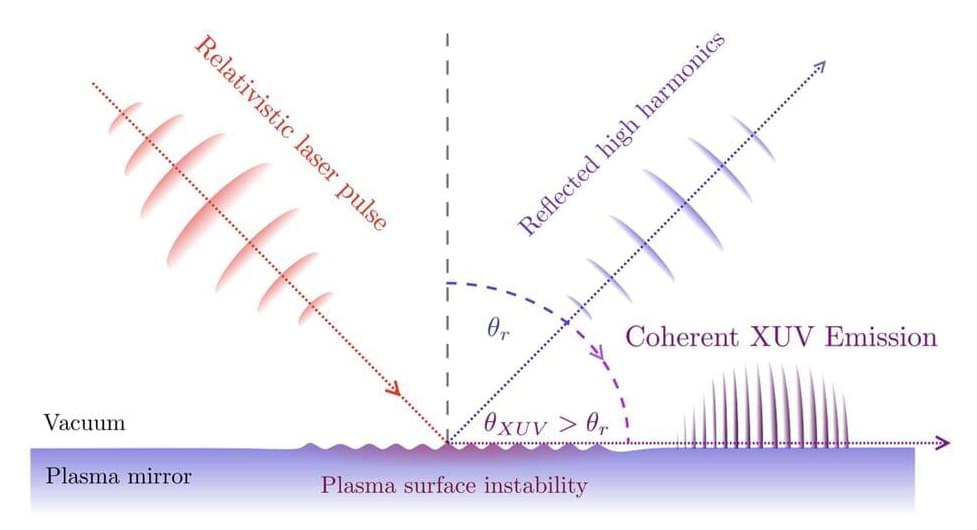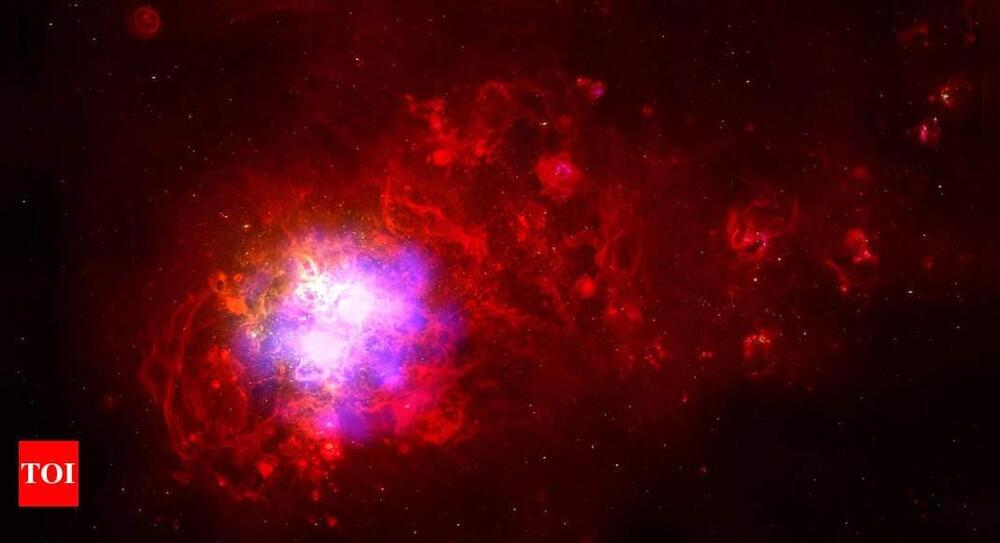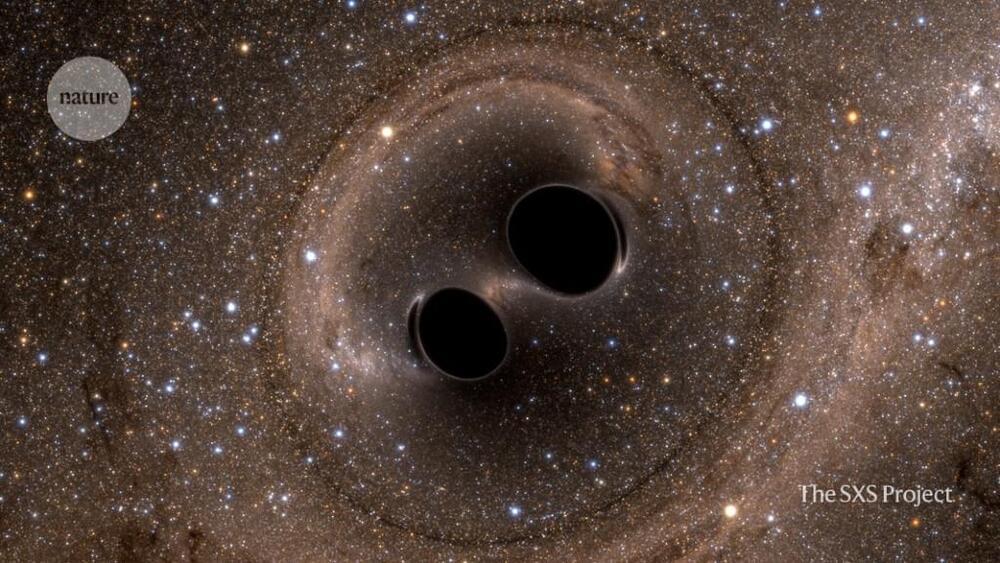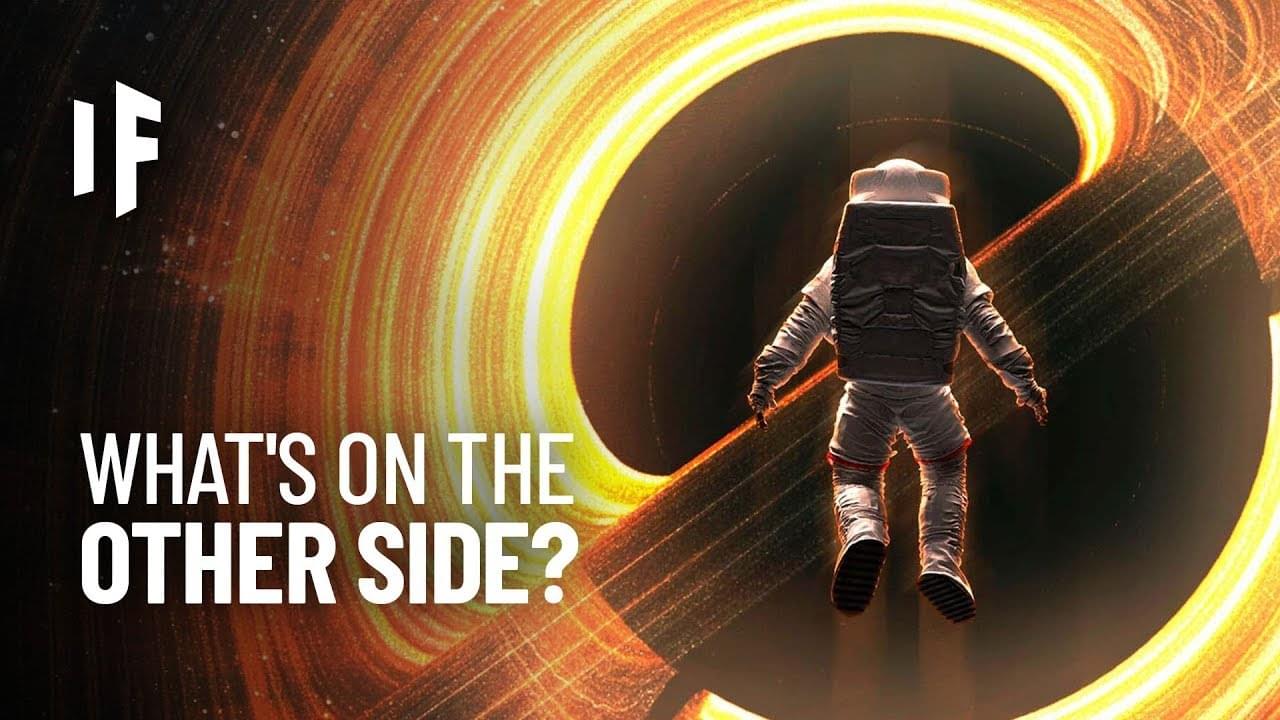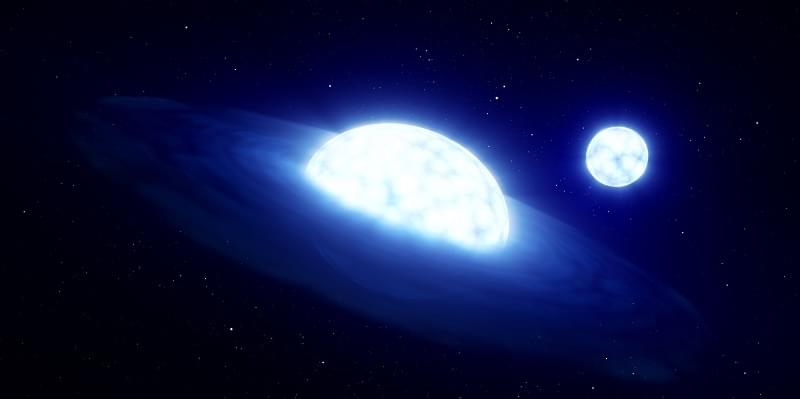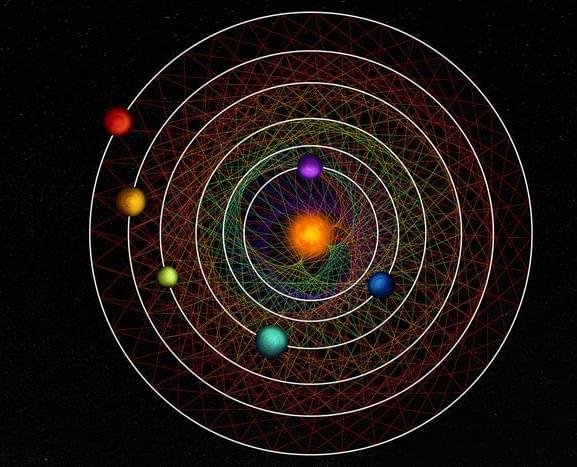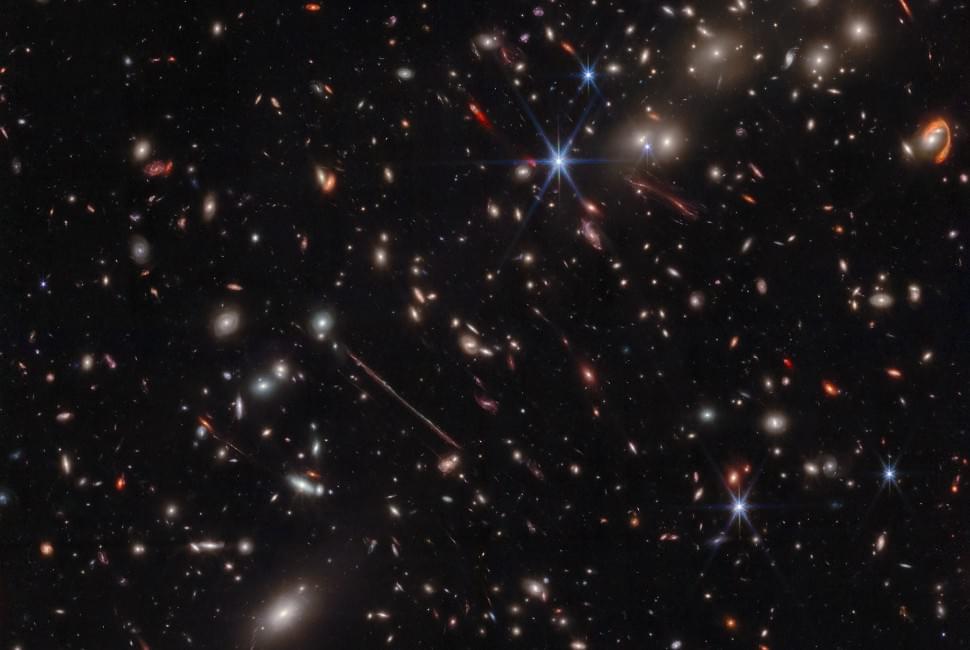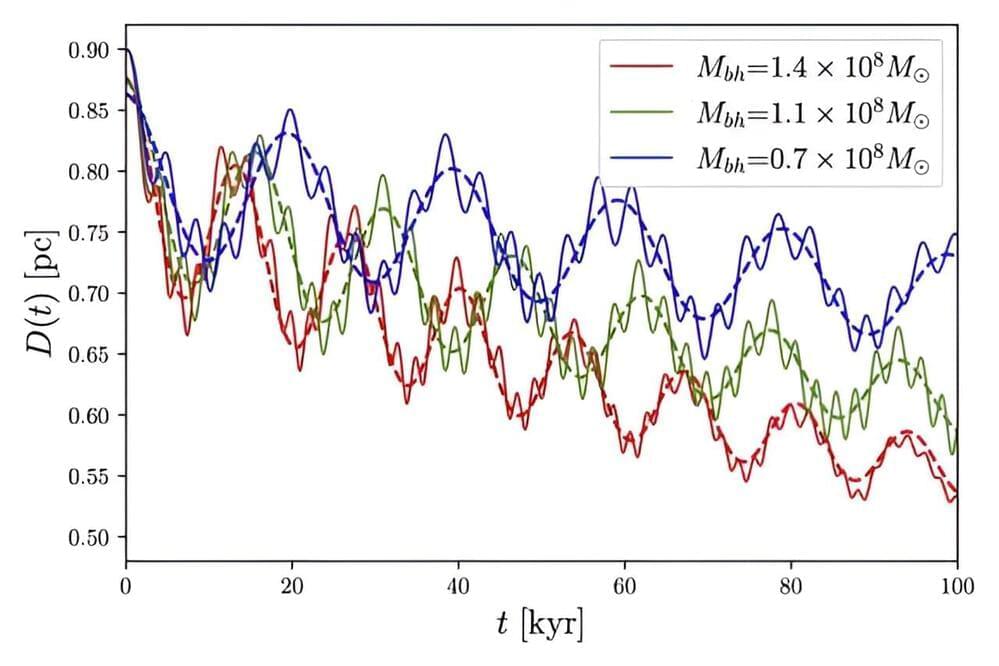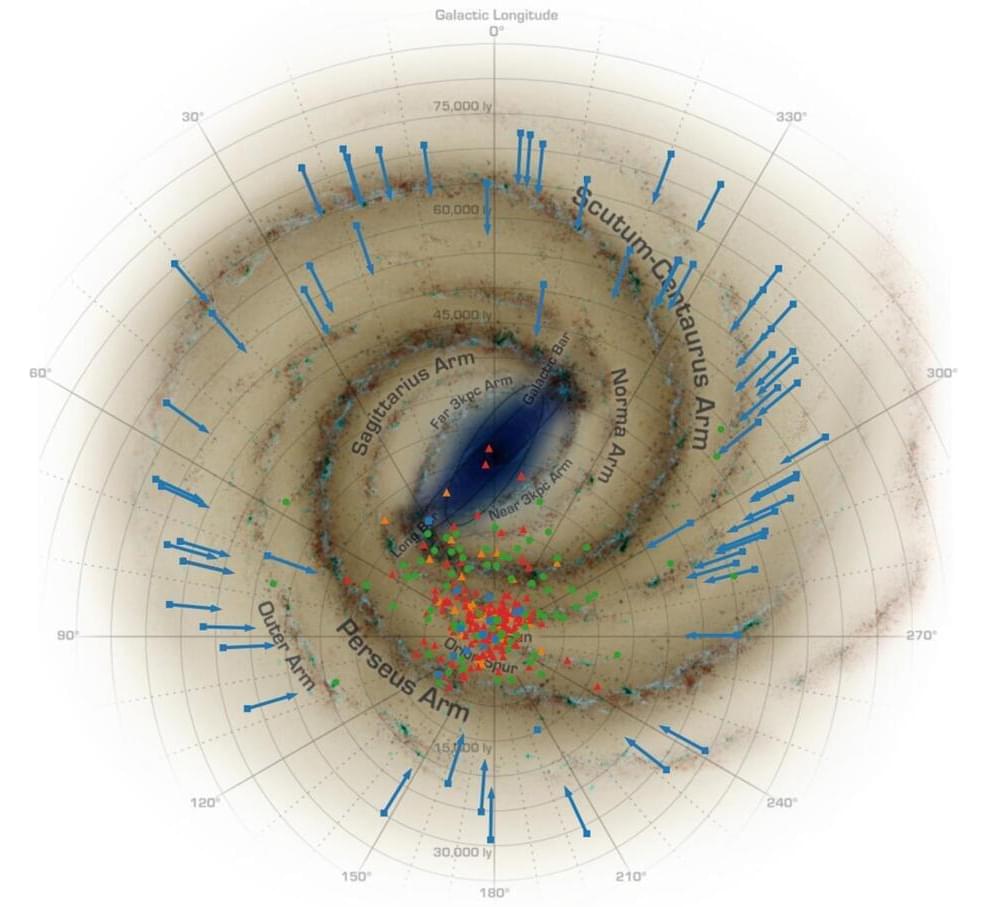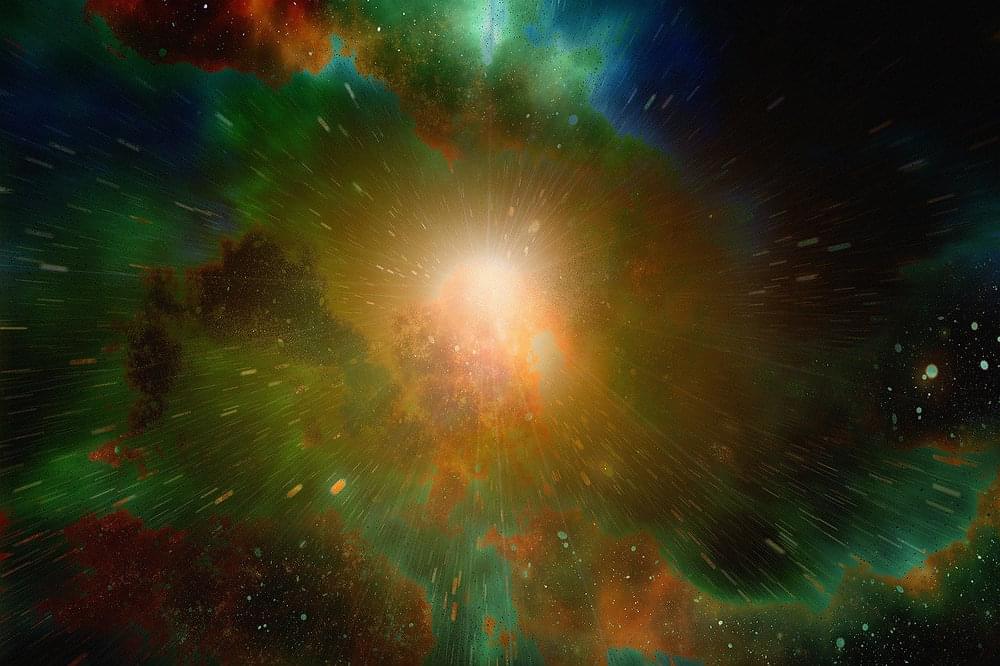Interactions between intense laser pulses and plasma mirrors have been the focus of several recent physics studies due to the interesting effects they produce. Experiments have revealed that these interactions can generate a non-linear physical process known as high-order harmonics, characterized by the emission of extreme ultraviolet radiation (XUV) and brief flashes of laser light (i.e., attosecond pulses).
Researchers at The Extreme Light Infrastructure ERIC in Czechia and Osaka University in Japan recently uncovered a surprising transition that takes place during interactions between intense laser pulses and plasma mirrors. This transition, marked by an anomalous emission of coherent XUV radiation, was outlined in a paper published in Physical Review Letters.
“Relativistic oscillating mirrors are a fascinating concept with great potential for intense attosecond pulse and bright XUV generation,” Marcel Lamač, one of the researchers who carried out the study, told Phys.org.
